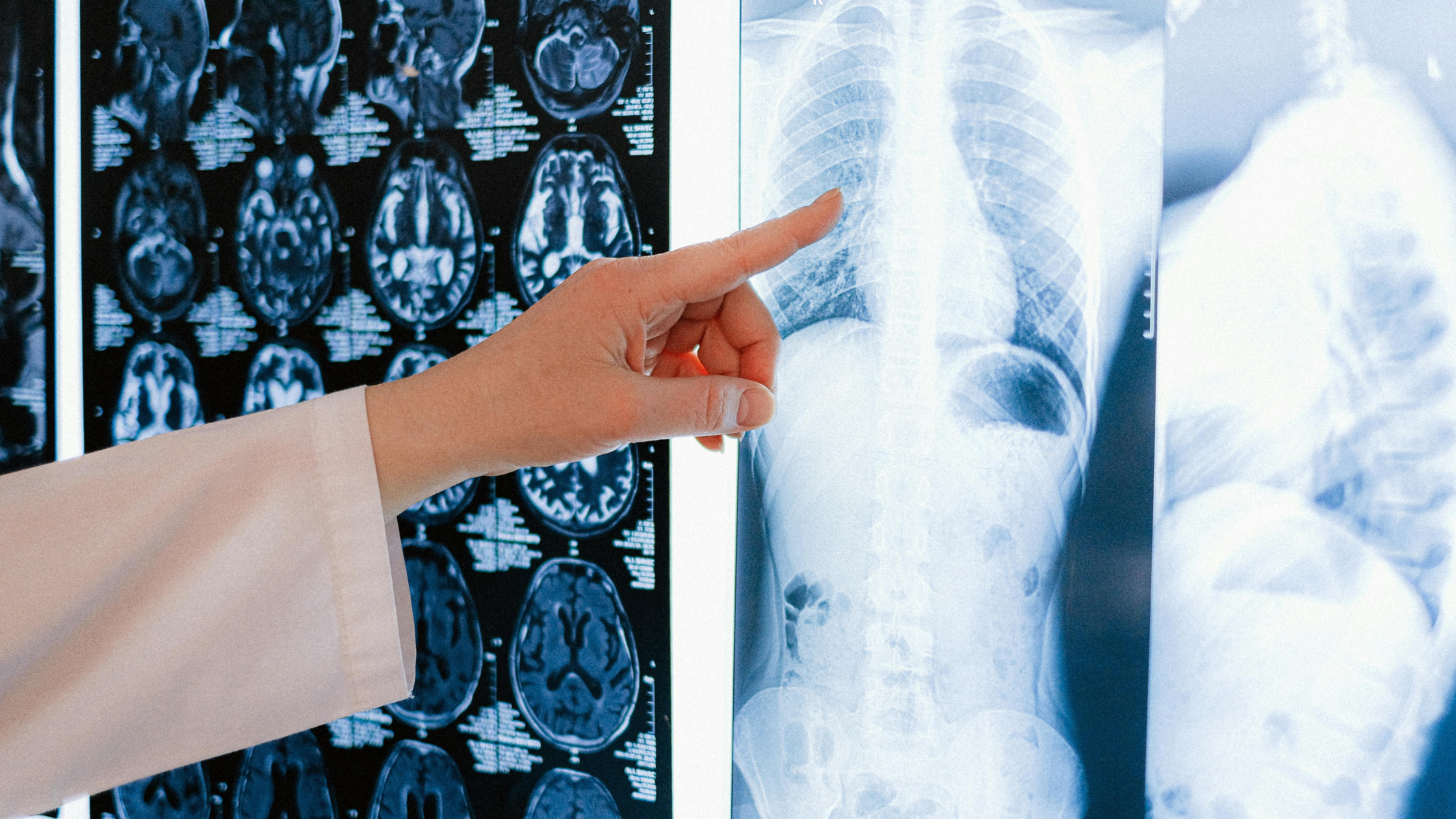The Gut-Brain Connection
If you’re a part of the Serena Loves community, you’ve probably heard me teach about how we must think of our bodily systems as a unified whole. When we treat each system individually, we risk missing the bigger picture or the root cause.
So, when I discuss the gut-brain axis, I view the gut and brain functioning as a single unit, both physically and energetically. When the gut and brain operate harmoniously, it unlocks potential for improved health and longevity.
This bi-directional connection means that our emotional and mental states can directly affect our digestive health, and vise-versa. For example, stress, anxiety, and emotional turmoil can lead to digestive issues such as bloating, irritable bowel syndrome (IBS), a disrupted gut microbiome, weight gain, and more. Alternatively, when we experience inner peace and contentment, we create a nurturing environment for our gut to thrive.
Ancient Teachings on Gut Health and Energetic Health
The connection between gut health and emotional and spiritual well-being has gained increasing recognition in both ancient healing traditions and modern scientific research. Practices like Ayurveda and Traditional Chinese Medicine have long emphasized the gut’s role in emotional states and spiritual health, recognizing that emotional imbalances can disrupt digestion and trigger a cascade of physical health issues.
Ayurveda: The Foundation of Gut Health
In Ayurveda, there’s a saying: “As you eat, so shall you think.” The concept of agni (digestive fire) is critical for health, influencing every cell and system in the body. It governs our ability to digest food, eliminate toxins, and even process emotions. When agni is impaired, it leads to the formation of ama (toxins), which can cause both physical and mental illness.
Ayurvedic medicine, which dates back at least 5,000 years, places a strong emphasis on gut health and digestion as foundational elements of well-being. A balanced agni is believed to promote optimal health, while a weak or imbalanced digestive fire can result in the accumulation of toxins. These toxins in the gut can manifest as negative thought patterns, leading to conditions like anxiety or depression.
Ayurvedic recommendations for gut repair include:
- Dietary Choices: Emphasizing fresh, whole foods tailored to individual constitution (dosha), which helps enhance digestion and nutrient absorption.
- Herbal Remedies: Utilizing a range of herbs such as ginger, turmeric, and triphala to support digestion and detoxification. Try this herbal tea recipe.
- Mind-Body Connection: Emotional states are believed to influence digestion and overall health. Stress, anger, and anxiety can disrupt Agni (digestive fire), leading to imbalances in the body.
- Emotional Well-being: Practices such as yoga and meditation are used to cultivate emotional balance, which in turn supports gut health. Specific herbs and dietary recommendations are also tailored to address both physical and emotional imbalances.
Hippocrates and Ancient Greek Medicine
Hippocrates, often hailed as the father of medicine, lived over 2,000 years ago and profoundly influenced medical practices. His assertion that “all disease begins in the gut” underscores the importance of the intestines in overall health. Hippocratic teachings advocated for a balanced diet and lifestyle, laying the groundwork for modern medicine’s understanding of the gut’s role in immunity, mental health, and chronic diseases.
Greek philosophers and physicians, including Hippocrates and Galen, understood the importance of emotional health:
- Humor Theory: The balance of bodily fluids (humors) was thought to affect both physical and emotional health. An imbalance could lead to emotional distress and digestive problems.
- Holistic Approach: The Greeks emphasized the importance of lifestyle factors, including diet, exercise, and mental well-being, for maintaining health.
- Diet as Medicine: Hippocrates believed in the healing properties of food, advocating for a balanced diet rich in natural, whole foods to support digestive health.
- Holistic View: Hippocrates recognized the interconnectedness of bodily systems, a principle that resonates with today’s understanding of the gut-brain axis and its implications for mental health and well-being.
Traditional Chinese Medicine (TCM)
Traditional Chinese Medicine posits a profound relationship between emotions and specific organs in the body, with the spleen and stomach playing critical roles in both emotional and digestive health. According to TCM, each organ is associated with particular emotional states.
- Spleen and Stomach: In TCM, the spleen and stomach are seen as central to digestion and the transformation of food into energy and nutrients. They are also associated with worry and overthinking. Emotional distress can lead to digestive issues, highlighting the need for emotional regulation to support gut health. When an individual experiences prolonged emotional distress—such as anxiety or obsessive thoughts—it can disrupt the normal function of these organs, leading to digestive issues such as bloating, poor appetite, and irregular bowel movements (Wang et al., 2017)
- Qi Flow: Maintaining a balanced flow of Qi (vital energy) is essential for both emotional and digestive health. Practices like acupuncture, herbal medicine, and Qi Gong are used to harmonize these systems.
Setting A Foundation for Gut Healing
My practice prioritizes the optimization of mental, physical, spiritual and energetic health. When I work with clients, I ask detailed questions on each to guide them through the interconnectedness of our bodily systems.
If you are working on improving your gut health via nutrition, exercise, or supplements, I invite you to consider your spiritual and energetic states. Being “energetically present” means tuning into your body and acknowledging how you feel at any given moment.
Practices such as meditation, mindfulness, and energy healing allow you to release stagnant energy and promote balance within. When you embrace energetic presence, you reduce stress and allow your body to focus on digestion and healing. Techniques like deep breathing and grounding exercises can help center you, making it easier to listen to your body’s signals and respond appropriately—whether that means nourishing it with the right foods or taking time to relax.
REFERENCES:
- PMID: 34669431
- PMID: 31098656
- PMID: 37655174
- (1990). On Ancient Medicine. In: The Genuine Works of Hippocrates (Trans. by W.H.S. Jones). Harvard University Press.
- (2006). On the Natural Faculties (Trans. by P.N. Singer). In: Galen: On the Natural Faculties. Harvard University Press
- Woods, J. (2016). Galen and the Galenic Tradition: A Study in Ancient Medicine. Cambridge University Press.
- Menn, S. (2005). Plato’s Timaeus and the Science of the Soul. In: R. J. Hankinson (Ed.), The Cambridge Companion to Galen. Cambridge University Press.
- Hoffman, A. (2018). Mind-Body Medicine: The Effect of the Mind on Health and Disease. Frontiers in Psychology, 9, 1809.
- PMID: 32932766
- Huang, W. C., & Zhang, C. (2016). Traditional Chinese medicine and the gut-brain axis. World Journal of Gastroenterology, 22(14), 3561-3572
- Wang, X., Zhang, Y., & Zhang, J. (2017). The relationship between emotion and gastrointestinal function in Chinese medicine. Journal of Traditional Chinese Medicine, 37(3), 341-347.
by





